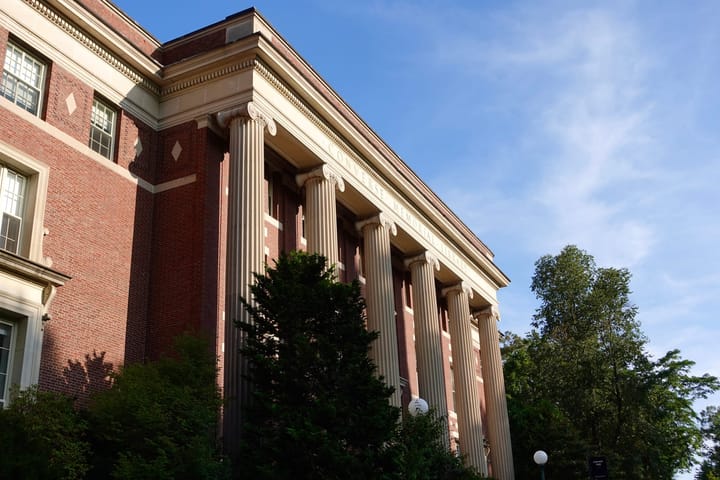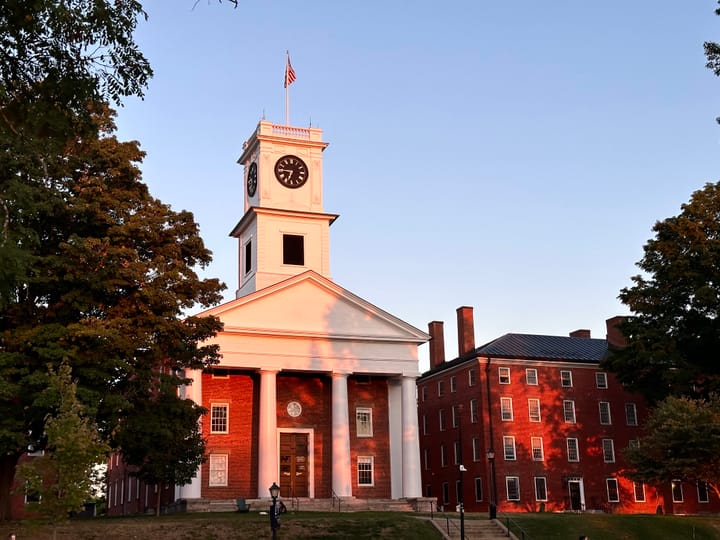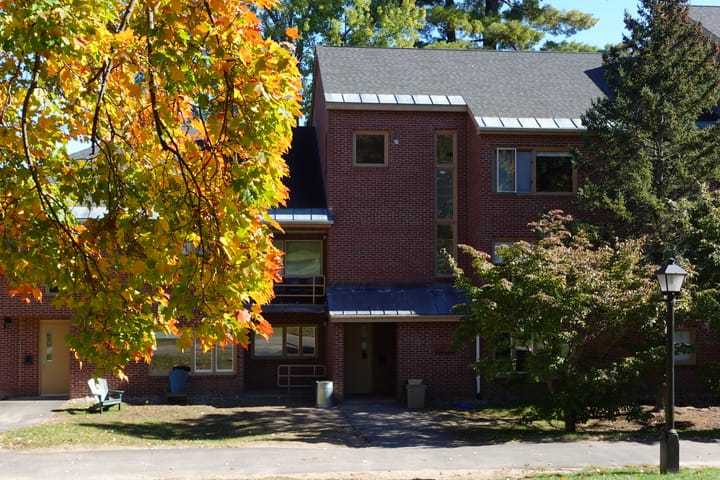International Students Return to Campus Amid Uncertainty
Reflecting on their return to campus, international students expressed concern about reentering the United States, obtaining work visas post-graduation, and their feelings of being overwhelmed by American politics.

International students arrived back on campus this semester following a summer of uncertainties, due to the Trump administration’s increased immigration enforcement and restriction of international student visas.
International students on campus — who comprise 10 to 13% of the college’s student body — spoke to The Student, detailing how they have been affected by the administration’s actions.
Students elected to remain anonymous due to concerns that publishing their opinion could impact their chances at securing work visas post-graduation.
In light of the Trump administration’s initial actions, the college and the Office of Global Education reached out to student visa holders towards the end of the spring semester, as well as over the summer, informing students to reconsider any plans to travel abroad.
One student, an African international student and senior, said they decided to take this advice and remain in the United States all summer rather than go back home and potentially face issues reentering the U.S.
“The initial changes and the news kind of scared me and had me thinking that I would not be met with the same ease as previous years,” the student said.
The Trump administration’s initial changes included revamping the visa application and interview process, temporarily pausing interviews around the world, restricting student visas to four-year durations, and revoking up to 6,000 student visas for reasons ranging from support of foreign terrorist groups in Gaza — particularly targeting students involved in pro-palestinian protests — to minor criminal activity such as DUIs. However, the administration has not shown evidence to back up these claims.
In line with a revamped, stricter visa process, one international student at the college said they had heard of some international students who had been accepted into the class of 2029, but were unable to acquire a visa in time to attend Amherst in the fall. Instead, they plan to join the following first-year class next fall.
While many international students decided not to take any chances with reentry, others were able to leave the country for the summer and return without cause for concern, in part because of the college’s resources.
Other than reentry concerns, fourth-year international students in particular expressed concerns about acquiring a work visa, such as an H1-B, which allows U.S. employers to hire international workers in specialty occupations like medicine or engineering. They expect that getting visa sponsorship post-graduation will be a more pressing concern than issues with reentry.
Though they acknowledged that getting a work visa will always be difficult in the U.S. regardless of who is in office, the recent actions of the current administration raised some red flags.
“I think it’s a gamble,” one student from India said. “It’s obviously always been competitive, and I just think it’s going to get more competitive under the [Trump] administration.”
Others mentioned that they at some point wondered if it would even be worth returning to Amherst to finish their degree.
“Are [we] going to work all this time just to not get a job or be denied a job [post-graduation]?” one student from Kenya said.
The student also said they felt overwhelmed by all the politics.
“The fact that we’re not even Americans and trying to understand their politics because that is going to affect our lives more than it even impacts Americans, is an interesting place to be.”
International enrollment in U.S. colleges and universities is estimated to have decreased by as much as 15% nationwide. While the college has yet to release official demographics for the class of 2029, returning international students feel that there hasn’t been a noticeable decline on campus.
“There are less [international students] on campus but not a lot less,” the student from Kenya said.
Regardless of the concerning situation, international students are looking forward to the academic year and hoping for the best.
“I think most of us are here hoping it’s not a waste of time, because honestly we don’t have another option.”





Comments ()